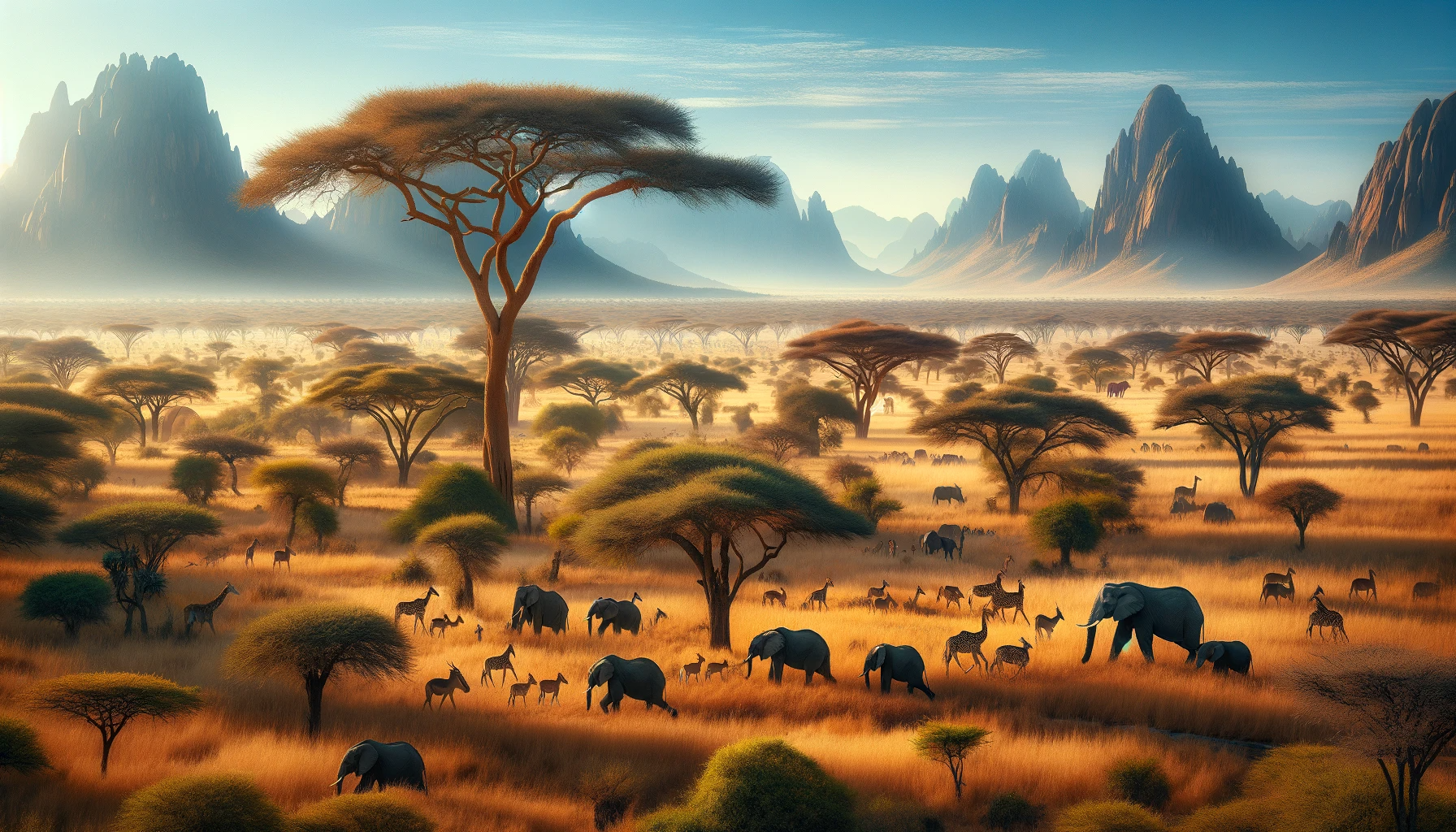Chad is a nation with a rich cultural tapestry and diverse natural resources, facing significant challenges in terms of economic development, social services, and political stability. It continues to navigate a path toward sustainable growth and stability, balancing its rich cultural heritage with modern development challenges.
List of National and Public Holidays in Chad for the year 2025
- New Year’s Day is on 1st January 2025, Wednesday.
- International Women’s Day is on 8th March 2025, Saturday.
- Aïd el-Fitr is on 30th March 2025, Sunday.
- Aïd el-Fitr Holiday is on 31st March 2025, Monday.
- Easter Monday is on 21st April 2025, Monday.
- Labour Day is on 1st May 2025, Thursday.
- Aïd el-Kebir is on 6th June 2025, Friday.
- Independence Day is on 11th August 2025, Monday.
- Prophet Muhammad’s Birthday is on 4th September 2025, Thursday.
- All Saints’ Day is on 1st November 2025, Saturday.
- Republic Day is on 28th November 2025, Friday.
- Freedom and Democracy Day is on 1st December 2025, Monday.
- Christmas Day is on 25th December 2025, Thursday.
List of National and Public Holidays in Chad for the year 2024
- New Year’s Day: Monday, 1 January 2024
- International Women’s Day: Friday, 8 March 2024
- Easter Monday: Monday, 1 April 2024
- Aïd el-Fitr: Wednesday, 10 April 2024
- Labour Day: Wednesday, 1 May 2024
- Aïd el-Kebir (Eid al-Adha): Sunday, 16 June 2024
- Aïd el-Kebir Holiday: Monday, 17 June 2024
- Independence Day: Sunday, 11 August 2024
- Independence Day Holiday: Monday, 12 August 2024
- Prophet Muhammad’s Birthday: Sunday, 15 September 2024
- All Saints’ Day: Friday, 1 November 2024
- Republic Day: Thursday, 28 November 2024
- Freedom and Democracy Day: Sunday, 1 December 2024
- Freedom and Democracy Holiday: Monday, 2 December 2024
- Christmas Day: Wednesday, 25 December 2024

History
- Early Civilizations: Inhabited since ancient times, with evidence of civilizations around Lake Chad and the Ennedi Plateau.
- Islamic Influence: Islamic influence began in the 11th century, shaping much of Chad’s culture and history.
- Colonial Period: Became part of French Equatorial Africa in the early 20th century.
- Independence: Gained independence from France in 1960, followed by periods of civil conflict and political instability.
Geography
- Location: Landlocked in Central Africa, bordered by Libya, Sudan, the Central African Republic, Cameroon, Nigeria, and Niger.
- Diverse Terrain: Features the arid Saharan region in the north, the Sahelian belt in the center, and the more fertile Sudanian Savanna zone in the south.
- Lake Chad: Once one of Africa’s largest lakes, it has significantly reduced in size, impacting the region’s ecology and economy.
Culture
- Ethnic and Cultural Diversity: Home to over 200 ethnic and linguistic groups, each with its own customs, languages, and traditions.
- Arts and Music: Rich in traditional music and dance, with diverse instruments and styles influenced by various ethnic groups.
- Cuisine: Chadian cuisine varies by region, with staples including millet, sorghum, and meat, often accompanied by sauces.
Economy
- Primary Sectors: Predominantly based on subsistence farming and livestock rearing. Agriculture faces challenges due to climate variability.
- Oil Production: The discovery of oil has brought significant revenue but also challenges related to its equitable distribution and economic diversification.
- Development Challenges: Faces significant challenges, including poverty, inadequate infrastructure, and reliance on foreign aid.
Society
- Demographics: Characterized by a fast-growing population with diverse ethnic and religious backgrounds.
- Languages: French and Arabic are the official languages, with numerous indigenous languages spoken throughout the country.
- Education and Healthcare: Struggles with low literacy rates and limited access to quality healthcare services.
Environmental Concerns
- Desertification and Climate Change: Increasing desertification and the effects of climate change pose significant challenges to agriculture and livelihoods.
- Conservation Efforts: Efforts are being made to protect wildlife and natural habitats, particularly in Zakouma National Park.
Government and Politics
- Political Structure: A republic with a history of political turmoil and military rule. Recent efforts are focused on political stabilization and governance reforms.
- Regional and International Role: Active in regional organizations such as the African Union and engaged in initiatives to address regional security and development challenges.
Tourism
- Potential and Challenges: While tourism is minimal, Chad offers potential attractions such as the Tibesti Mountains, Zakouma National Park, and unique cultural experiences.
- Cultural and Ecotourism: Opportunities for cultural tourism and wildlife viewing exist, though infrastructure for tourism is limited.

